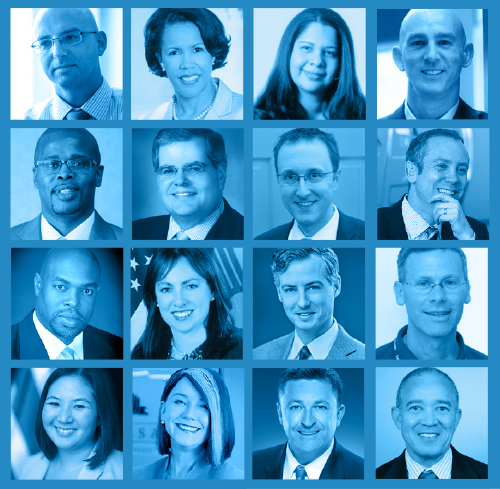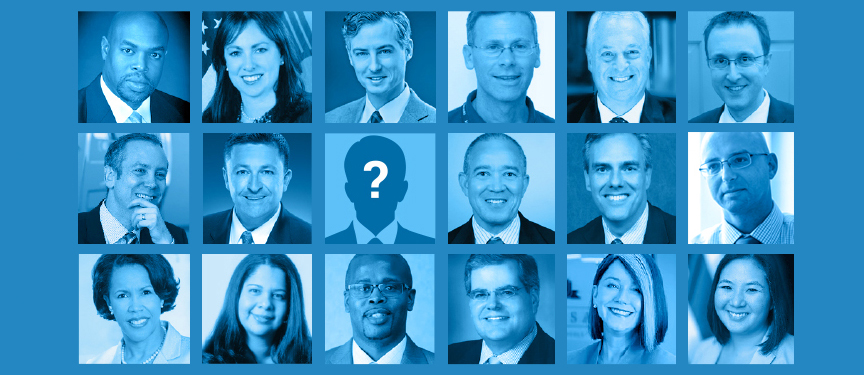
SUBSCRIBE
TO MONTHLY UPDATES
We'll send you information that
will keep you up to date on CFC

Every spring, the nation celebrates as high school seniors receive diplomas and enter the world of higher education and the workforce. Although a record number of students now complete high school on time—84 percent as of 2016—we as K-12 systems leaders are deeply concerned that many of our graduates do not have pathways to upward economic mobility. This is especially true for students from low-income families. They face higher rates of unemployment and, when they do pursue postsecondary education, are often burdened by crushing debt. An unsustainable surge in borrowing—currently totaling $1.4 trillion—is only one factor in the enormous gap between the promise of higher education and the reality our students face.
Today’s high school graduates enter a world of decreasing economic mobility that disproportionately affects low-income students. A college education can play an essential role in reversing this trend. It can give young people the knowledge and skills they need to get jobs in high-growth, high-demand fields—jobs with salaries that allow them to support their families. However, while K-12 education leaders and policymakers have spent decades building classrooms, curricula, counseling programs, and financial aid systems that elevate four-year degree attainment as a critical, if not singular, pathway to a successful life, the most recent data paints a stark picture: Only 40 percent of working-age Americans have earned an associate’s degree or higher, leaving a “neglected majority” of Americans disconnected from systems of higher education and in danger of falling further behind.
The current system lacks coherence and relevance for the majority of our students. Many courses and majors are not aligned to strong employment opportunities. In addition, students often find it difficult to transfer credits from one institution to another, leaving them to retake courses and forcing them further into debt. Still other students are enrolled in expensive technical programs, earning certificates that are not aligned, recognized, or valued by industry. Although a traditional four-year or liberal arts education can and does work for many students, our elevation of elite-college admissions as the single most morally justifiable goal of American K-12 education belies the fact that only the tiniest percentage of people follow that path. Our students deserve more and better choices.
While a college degree remains the strongest stepping-stone to economic self-sufficiency for most students, especially those from low-income families, it cannot and should not be the only pathway to meaningful careers and lives for our young people. Traditional boundaries between high school, career and technical education, and two- and four-year colleges need not be set in stone. There are a number of “both/and” strategies that K-12 systems leaders should pursue to equitably serve all students.
We must own and redouble our commitment to ensuring that students graduate with rigorous college- and career-ready skills. We also need new forms of collaboration between leaders in higher education, state and national policymakers, nonprofit organizations, and regional employer networks to redefine success in postsecondary education and produce the changes young people and working families need and deserve.
That’s why we, as Chiefs for Change, are outlining a new blueprint for postsecondary success.
As the leaders of some of the nation’s largest K-12 education systems, we have a responsibility to our students that goes beyond the walls of our schools and follows them into young adulthood. No diploma should be a ticket to nowhere. We will redouble our own efforts to guide our students to reliable and affordable postsecondary pathways. And we pledge our partnership to existing institutions of higher education, social entrepreneurs, employers, and all others committed to overcoming this most urgent challenge.
About Chiefs for Change
Chiefs for Change is a nonprofit, bipartisan network of diverse state and district education leaders dedicated to preparing all students for today’s world and tomorrow’s through deeply committed leadership. Chiefs for Change advocates for policies and practices that are making a difference today for students, and builds a pipeline of talented, diverse Future Chiefs ready to lead major school systems.